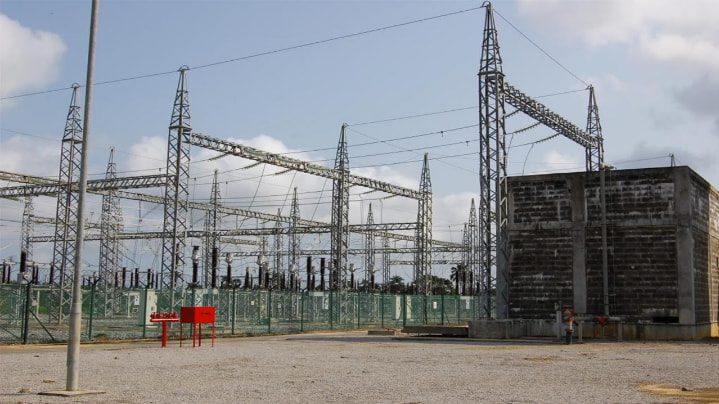Nigeria
FG to Introduce Electricity Subsidy for Universities and Others

The Nigerian government is set to roll out an electricity subsidy program aimed at providing relief to universities and other institutions, ensuring affordable power supply.
Plans have been announced by the Federal Government to offer electricity subsidies for universities as well as public health institutions, particularly those linked with Band A feeders.
On Saturday, the Minister of Power Adebayo Adelabu declared this announcement on a radio programme in Ibadan, Oyo State.
Adelabu stressed that private enterprises operating within these institutions will not be eligible for this subsidy.
The discontinuation of subsidies for Band A customers resulted in a minimum daily electricity supply of 20 hours, leading universities and public hospitals to experience a notable surge in their energy expenses.
The University of Lagos’ College of Medicine and the Lagos University Teaching Hospital have expressed apprehension regarding a significantly elevated electricity bill for May amounting to roughly N280 million, recently released by the Eko Electricity Distribution Company. The figure is in sharp contrast with their typical monthly charges, which are less than N100 million.
According to the Ibadan Electricity Distribution Company, there were significant monthly bill surges observed in various Nigerian universities. For instance, the University of Lagos witnessed an increase from N180 million to N300 million while that of Federal University of Technology in Akure increased from N20 million to N60 million. Similarly, at the University Of Benin campus electricity tariff skyrocketed by a whopping amount from previous charges – going up drastically from about 80 Million naira per month to hit as much as 250 Million naira each month now!
In July, Prof. Ademola Tayo, the Vice-Chancellor of Babcock University in Ogun State emphasized that these expenses pose a considerable burden. He disclosed that the institution spent N300 million on electricity bills in May and described it as a significant danger to Nigeria’s education quality.
Minister Adelabu recognized the financial difficulties encountered by these institutions and affirmed that the government is dedicated to extending assistance.
Adelabu acknowledged the challenges faced by universities and hospitals in settling their electricity bills, considering that they are essential institutions crucial for development and social progress. Nevertheless, he emphasized the importance of ensuring that private businesses operating within these facilities and generating revenue from commercial charges do not exploit subsidies intended to support healthcare and educational initiatives.
To ensure that the intended institutions receive the subsidy, accurate data compilation is being carried out by the government as explained by the Minister.
He stated that “Even if they belong to Band A, we are willing to provide subsidies for those who truly have ties with healthcare and education. The DisCos will obtain a share of the cost while the remainder will be borne by the government. However, it is imperative that precise information is obtained so that private businesses do not unjustly benefit from these incentives.”
